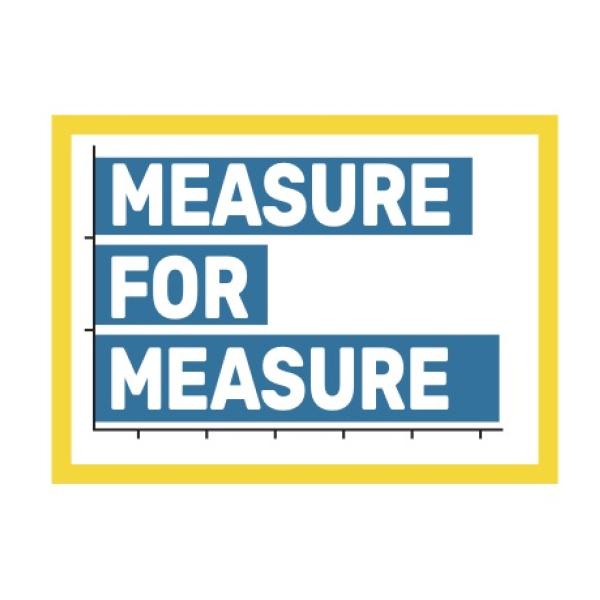A Message from the Chair on Holocaust Remembrance Day

Photo by Sixteen Miles Out via Unsplash
Today, on Holocaust Remembrance Day, Yom HaShoah, we remember one of the darkest periods in the history of the world. Driven by hate, six million Jews were systematically murdered along with millions of political dissidents, LGBTQIA+ persons, people with disabilities, and people of racial and ethnic minority groups in Europe during the 1930s and 1940s. We mourn the victims who faced unimaginable suffering and those whose lives were taken during the Holocaust.
The arts create an avenue for us to collectively memorialize the events of the Holocaust in meaningful ways that evoke a physical, intellectual, emotional, and spiritual experience, recognizing our full humanity and the humanity of others. As NEA Heritage Fellow Flory Jagoda recounted her purpose for songwriting, after her family had been murdered and thrown into a mass grave during World War II, “I started writing songs just to remember the life in my little mountain village. My family vanished and they live with me through these songs…. I write songs to remember.”
In the act of remembrance, we acknowledge and leave space for what and who has been lost. It is a solemn act of respect for those who demonstrated immense strength amid sorrow, for those whose lives were stripped away, and for those who survived traumatic horrors.
Remembrance is a step toward healing. Even as we bear witness to the hatred, inhumanity, and cruelty of the Holocaust, we are able to reflect on the stories of those who held steadfast onto their humanity and preserved their dignity, many times through art and artistic expression. From them, we gather inspiration and hope that hate shall be overcome.
May we all continue in our commitment to the work of driving out hate and uphold each other’s humanity and dignity with empathy, care, and love.




